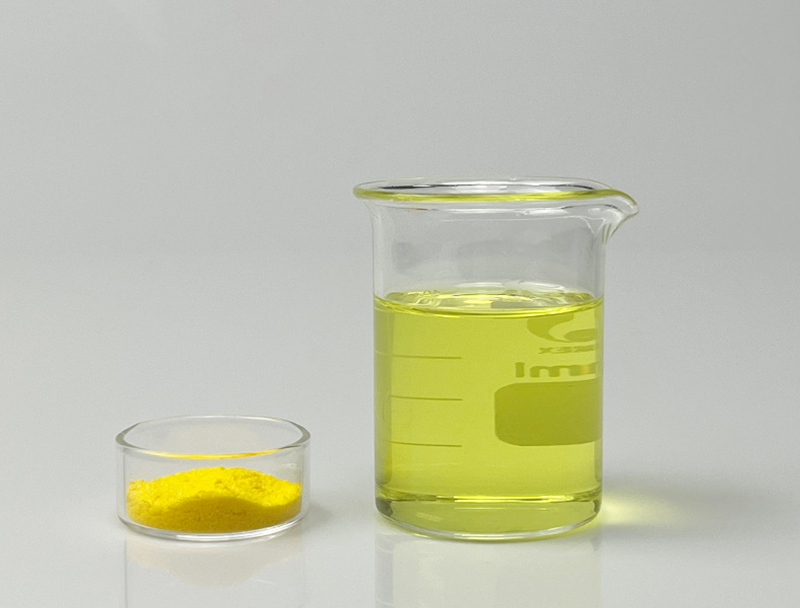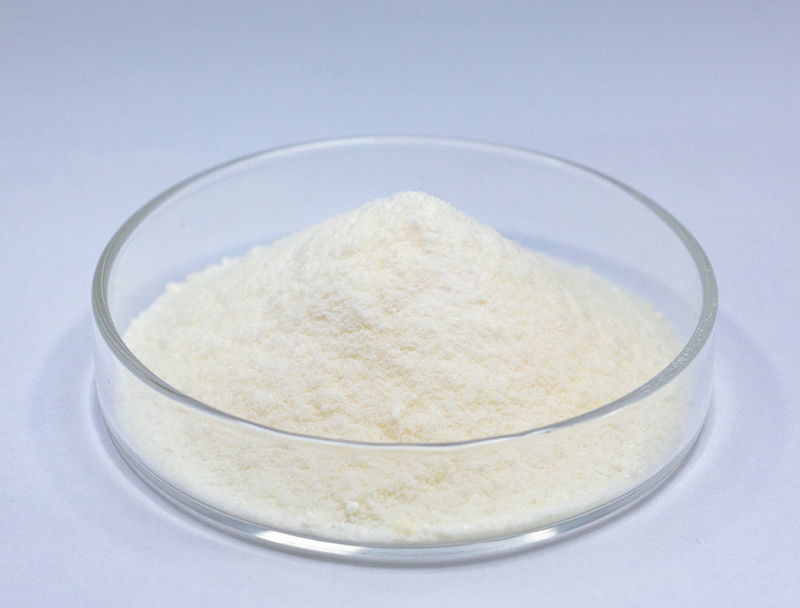
Cell-based production leans heavily upon a plentiful suite of base components for fabricating next-generation bio-products.
Safeguarding long-term supply of raw inputs remains essential to industry resilience and responsible expansion.
diverse obstacles inherent in legacy sourcing approaches including environmental degradation and exploitation of natural resources. Consequently, biotech firms need proactively to adopt sustainable procurement approaches to reduce environmental impact.
- Situations demonstrating ethical sourcing encompass:
- Utilizing renewable feedstocks derived from agricultural byproducts
- Implementing closed-loop systems to minimize waste and maximize resource efficiency
- Aligning with domestic providers that adhere to transparent sourcing
Embracing sustainable procurement produces environmental benefits with profitable potential.
Upgrading Feedstock Traits for Better Biofuel Performance
Maximizing the efficiency of biofuel production relies heavily on the quality and composition of biomass feedstocks. Experts maintain efforts to discover ways to maximize feedstock value, facilitating elevated yields and a renewable energy transition. Efforts pair genetic enhancement for feedstock abundance with advanced pretreatment to produce usable sugars.
- Moreover, investigations target novel feedstocks like microalgae, municipal residues, and field residues to widen the pool of renewable biomass for biofuel use.
- With persistent development the field will likely demonstrate notable gains that foster a more sustainable energy system.

Next-Generation Upstream Methods in Biopharmaceuticals
involves foundational activities from cultivation to biomass harvest New innovations across this area have produced enhanced manufacturing methods that boost yields.
Important innovations consist of upgraded cell platforms, customized nutrient matrices, and smart bioreactor solutions. These advances improve throughput while lowering both operational expenses and ecological footprints.
- In addition, momentum toward nonstop processing offers improved flexibility and optimized operational flow.
- Implementing cutting-edge manufacturing technologies will probably redefine workflows and accelerate innovation.

Precision Genomic Tools Enhancing Biopharmaceutical Yields
refinements in gene-targeting technologies have advanced protein production workflows. Through focused genomic edits within host strains, scientists increase expression of desired therapeutic proteins. This route supports the creation of more affordable and productive treatments for multiple disorders.
Applying Microbial Tools to Improve Environmental Remediation
innovative solutions for sustainable bioremediation, a critical process for addressing environmental pollution. Certain microbes have capacities to biotransform contaminants into nonharmful forms.. Utilizing microbial metabolism supports eco-friendly site cleanup methods that limit secondary harm from remediation.. Scientists evaluate varied microbes for potential to remediate metal contaminants, pesticide compounds, and oil-derived pollutants.. These microorganisms can be employed in bioreactors or directly at contaminated sites, promoting the breakdown of pollutants through biodegradation processes..
Using microbes for cleanup carries distinct advantages compared with chemical or physical remediation approaches. This method provides a low-cost, low-waste alternative to conventional remediation. Likewise, microbial systems can selectively degrade contaminants while sparing the wider environment. The domain advances quickly, concentrating on raising reliability and performance of microbial cleanup methods.
Computational Biology in Drug Discovery
Advanced informatics contributes significantly to today’s drug research environment. From identifying potential drug candidates to optimizing their efficacy and safety, bioinformatics enables a more efficient and data-driven approach.
- By analyzing vast datasets of genomic, proteomic, and clinical data, bioinformaticians can uncover novel drug targets and predict the activity of potential therapeutics.
- Also, in silico modeling of molecular interactions accelerates optimization toward more selective therapeutics.
- In conclusion, computational biology reshapes discovery pipelines and speeds delivery of reliable treatments for patients.
Synthetic Biology Routes for Elevated Bioproduct Synthesis
adopts varied approaches to raise biosynthetic yields of beneficial compounds. Options include metabolic rerouting via gene edits, expression tuning through regulatory control, and incorporation of foreign enzymes to expand function.. By refining pathway flux and regulation engineers can significantly raise bioproduct production.
The multifaceted strategy promises to reshape sectors like biotech, agritech, and renewable fuel industries.

Upscaling Biopharma: Obstacles and Potential Gains
Expanding production volumes poses difficult barriers yet offers substantial opportunities. Preserving batch-to-batch quality when scaling up is a key challenge. Managing it necessitates robust automation, high-fidelity monitoring, and powerful analytical capabilities.

Also challenging is 2-Ketoglutaric acid the layered complexity of biomanufacturing encompassing numerous sequential steps.. Scaling optimization is a resource-intensive task that calls for substantial innovation and study.. Still, the gains can be meaningful. Effective scale-up may expand patient access to therapies, cut unit costs, and improve margins.
Multiple programs focus on resolving scale-up difficulties. These include the development of new technologies for process optimization, advanced analytics for real-time monitoring and control, and innovative manufacturing strategies.
- Development efforts are also playing a crucial role in advancing biopharmaceutical production capabilities.
- Oversight institutions are updating guidelines to ease approval of manufacturing advances and catalyze innovation.
Regulatory Strategies for Biopharma Compliance and Patient Protection
Creating biologic medicines requires strict regulatory controls to maintain both patient safety and therapeutic value. Biologics sourced from living systems pose distinct regulatory and manufacturing complexities versus small-molecule drugs.
Authorities including the FDA and EMA implement guidelines and thresholds to assess and approve novel biologic products.
Extensive evaluation procedures are essential across development phases, spanning preclinical work to post-market checks.. These steps are designed to surface risks and verify that biopharmaceuticals comply with elevated safety thresholds..
Likewise, authorities progressively modify regulatory tactics to follow the speed of innovation in biopharma.. Initiatives cover incorporating new methods and supporting faster development while ensuring patient protection.

Plant-Based Biomass Options for Bioplastic Manufacturing
Growing emphasis on eco-conscious materials catalyzes research into plant-based options. Plant-based bioplastics made from biomass feedstocks present a hopeful path to reduced plastic impact. Sources like cornstarch, cellulose fibers, and sugarcane biomass can transform into compostable plastics that decompose and reduce pollution.
Moreover, bioplastics can mirror key properties of fossil-derived plastics and fit diverse application needs.. Sustained research efforts are necessary to optimize plant feedstocks for mass bioplastic production and enable circularity.
Biotechnology Driving Advances in Health and Agricultural Stability
Biotechnology offers potent solutions for advancing public health and enhancing food security. Through CRISPR, synthetic circuit design, and cell therapy progress, developers generate methods to counter infectious agents, optimize crops, and elevate nutritional profiles.. A concrete example includes modified crops engineered for pest and stress tolerance that yield more while decreasing pesticide needs. Likewise, biotechnology enables new vaccines, novel therapeutics, and improved diagnostics essential to global disease mitigation and better health.. Looking forward, continued biotech progress promises to deliver therapies and agricultural solutions that support health and sustainability worldwide.
